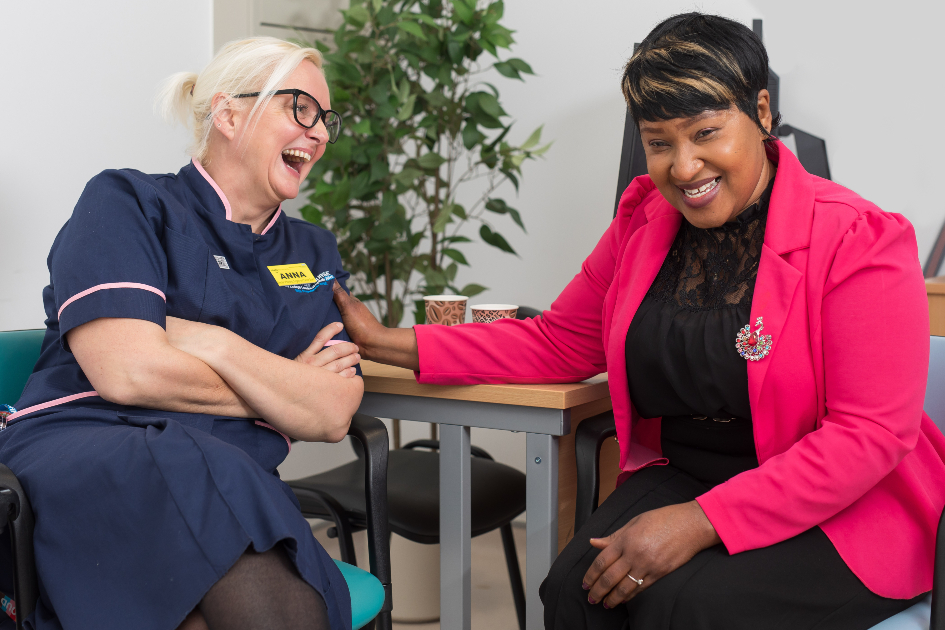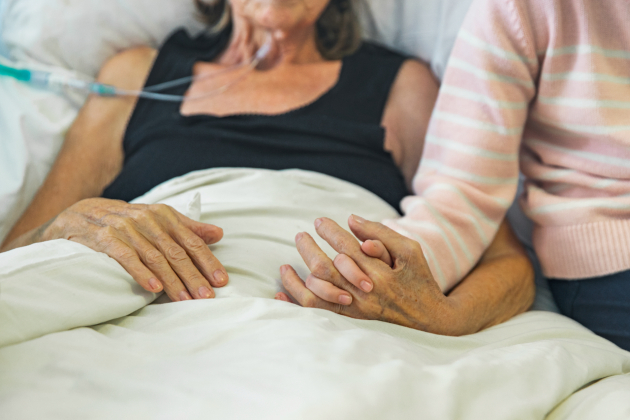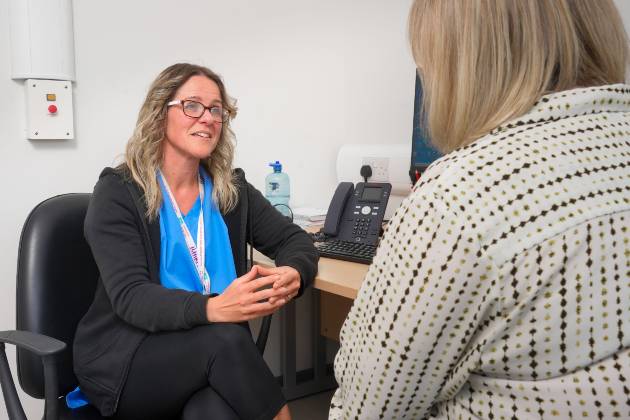Samantha overcame a number of challenges posed by her disability to pursue the career she wanted – and now she’s keen to show others it's possible
When I was 14 I was diagnosed with a genetic condition – a type of Ehlers-Danlos syndrome which affects connective tissue. There is a sliding scale on symptoms and severity and had to have a number of adjustments during school to enable me to access education, such as a reduced timetable. At the time I thought I’d never be able to work or hold down a normal job.
Despite the challenges, I knew I wanted to nurse. At the start of my degree there were many times I heard people say that I wouldn’t be able to do it – I often felt they were trying to scare me into not doing it. I had been cleared by occupational health. Many people around me made assumptions about my disability that were not a true reflection of how it affects me.
A rocky road
It’s been a rocky road but each time I’ve felt like giving up, I’ve carried on. When the hours got too much for me in my second year I asked if I could reduce the number of hours each week on placement – I would still complete the total hours needed by the NMC, of course, but just spread over more time. My university said no at first– they had not encountered such a request before – and it made me feel like there wasn’t a place for me.
As a student with a disability you can be made to feel like a burden and that you somehow take away from patient care. But this simply isn’t the case. I felt scared when I was referred to occupational health, but they were so helpful and ultimately, I got the adjustments I needed. My advice to students in a similar situation would be to not be afraid of occupational health – refer yourself if needs be. And don’t just accept the first no. If I had, I would never have got my degree.
It's important to remember that you know yourself and your disability better than anyone
I was anxious about pushing for what I needed, but knew I could work in the environments required of me providing my shifts were only eight hours long and not twelve. It’s important to remember that you know yourself and your disability better than anyone else. You know what will work for you.
Throughout my course it’s always been important to connect with others to avoid feeling isolated and I have been lucky to meet people with similar struggles along the way. As a student with a disability, something no one warned me about is the amount of admin involved in facilitating adjustments and support. One of the things that really helped me was the Disabled Support Allowance.
Advocacy is key
There’s a massive shortage of nurses and we’re missing out on a huge and diverse group of people with so many strengths to bring to the profession – organisation skills, passion, empathy, creativity. The big one for me is advocacy – and if you can do it for yourself, you can do it for someone else. The general attitude needs to change and move away from the idea that you are either the patient or the staff. The truth is you can be both.
As I transition to newly qualified, I am sure there are battles to come. It won’t all be a bed of roses, but I now know it’s possible to make changes to help you succeed and I am passionate about improving things for students and nurses in similar situations. COVID-19 too has thrown a lot of uncertainty into the equation, but I know there is the right place, and right job out there for everyone in nursing.
Peer support
The RCN’s Peer Support Service for ill and disabled members is a network for sharing experiences and knowledge.
Key principles:
- That health care employers should adapt a “social model” approach to disability – physical and attitudinal barriers are disabling; impairments are not the problem.
- That employing staff with impairments sends a strong, positive message to patients.
- That disabled staff bring many skills such as increased resourcefulness and empathy. That the adjustments made for them often benefit other staff too.








